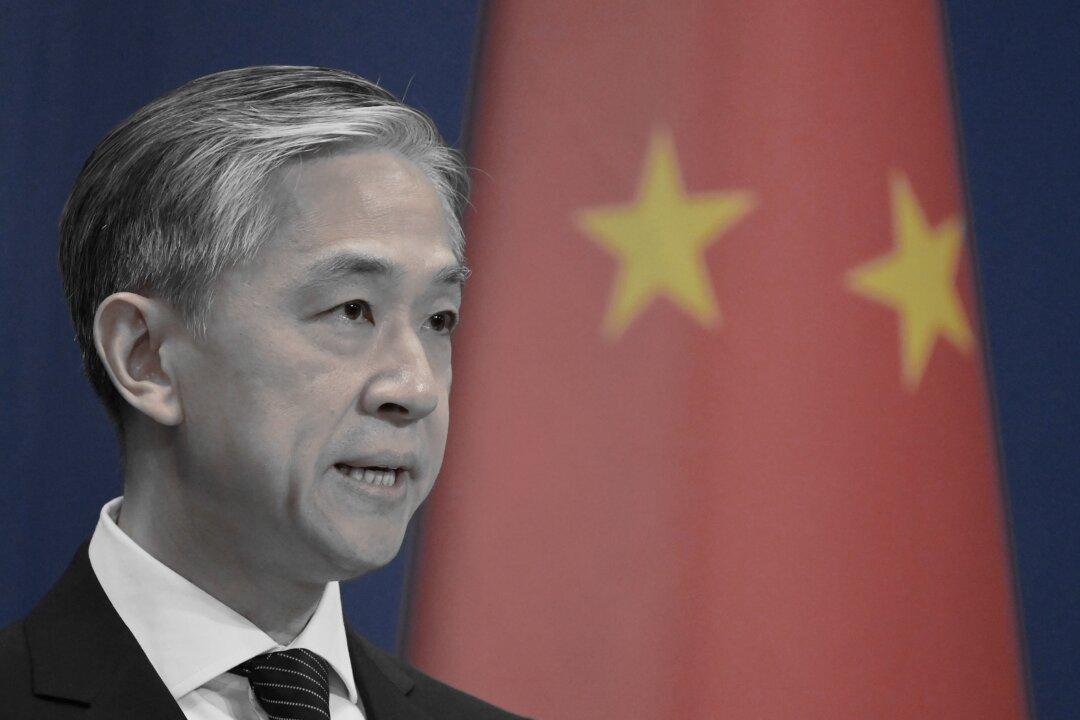Beijing’s Foreign Ministry has confirmed a contentious security pact that will pave the way for Chinese troops and weapons to be stationed in the South Pacific has been officially signed with the Solomon Islands’ leadership.
The comments from Chinese Foreign Ministry spokesperson Wang Wenbin has sparked finger-pointing in Australian political circles over the success—and failures—of diplomatic engagement in the region.





